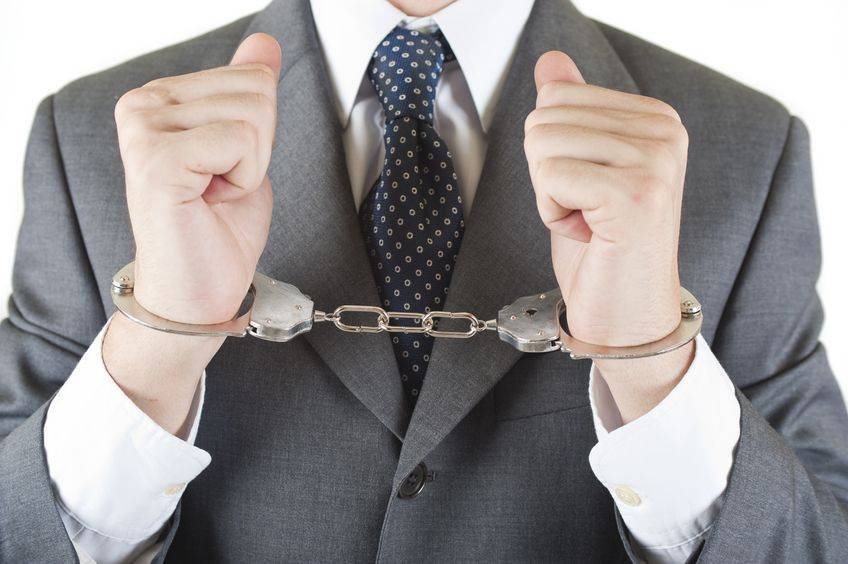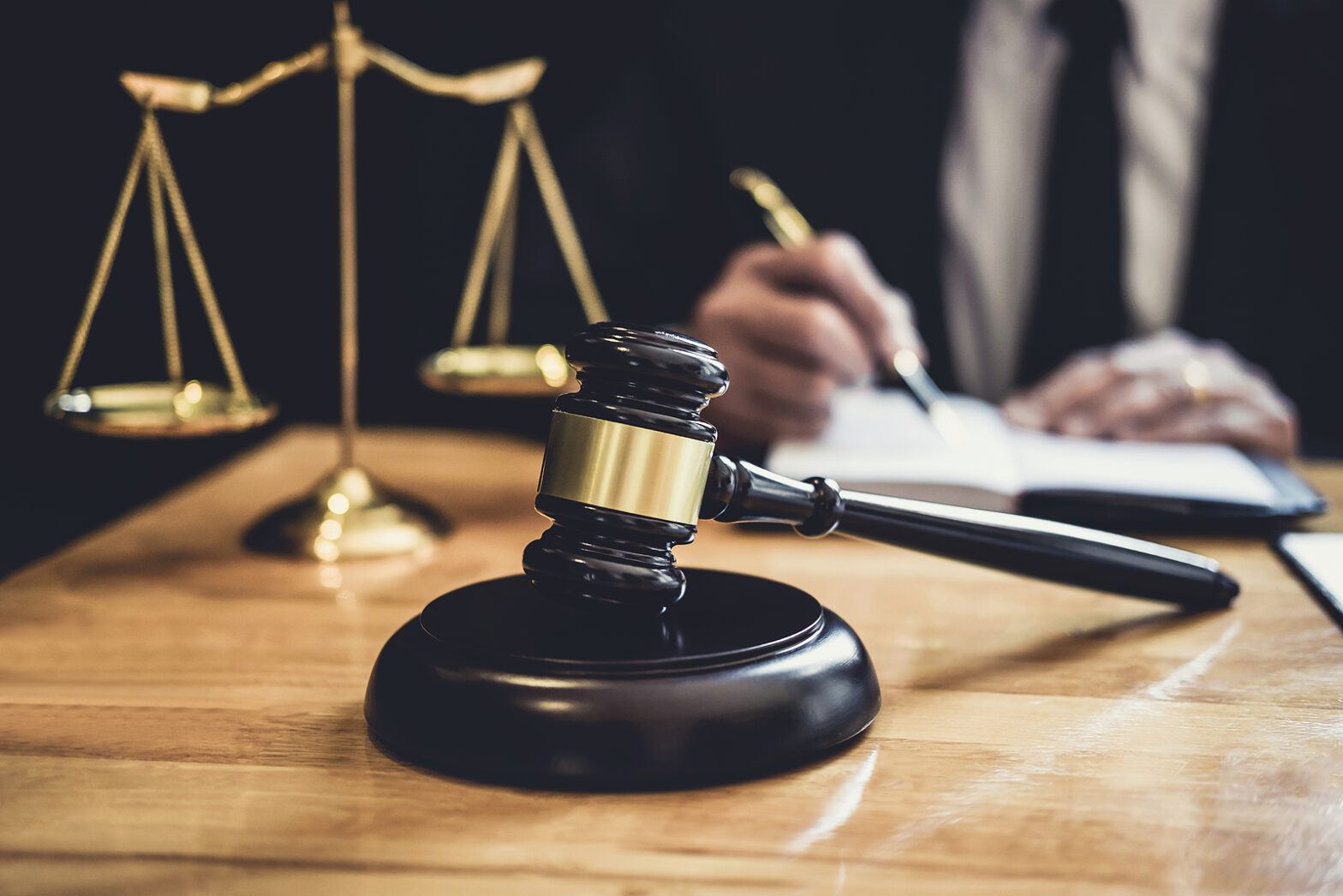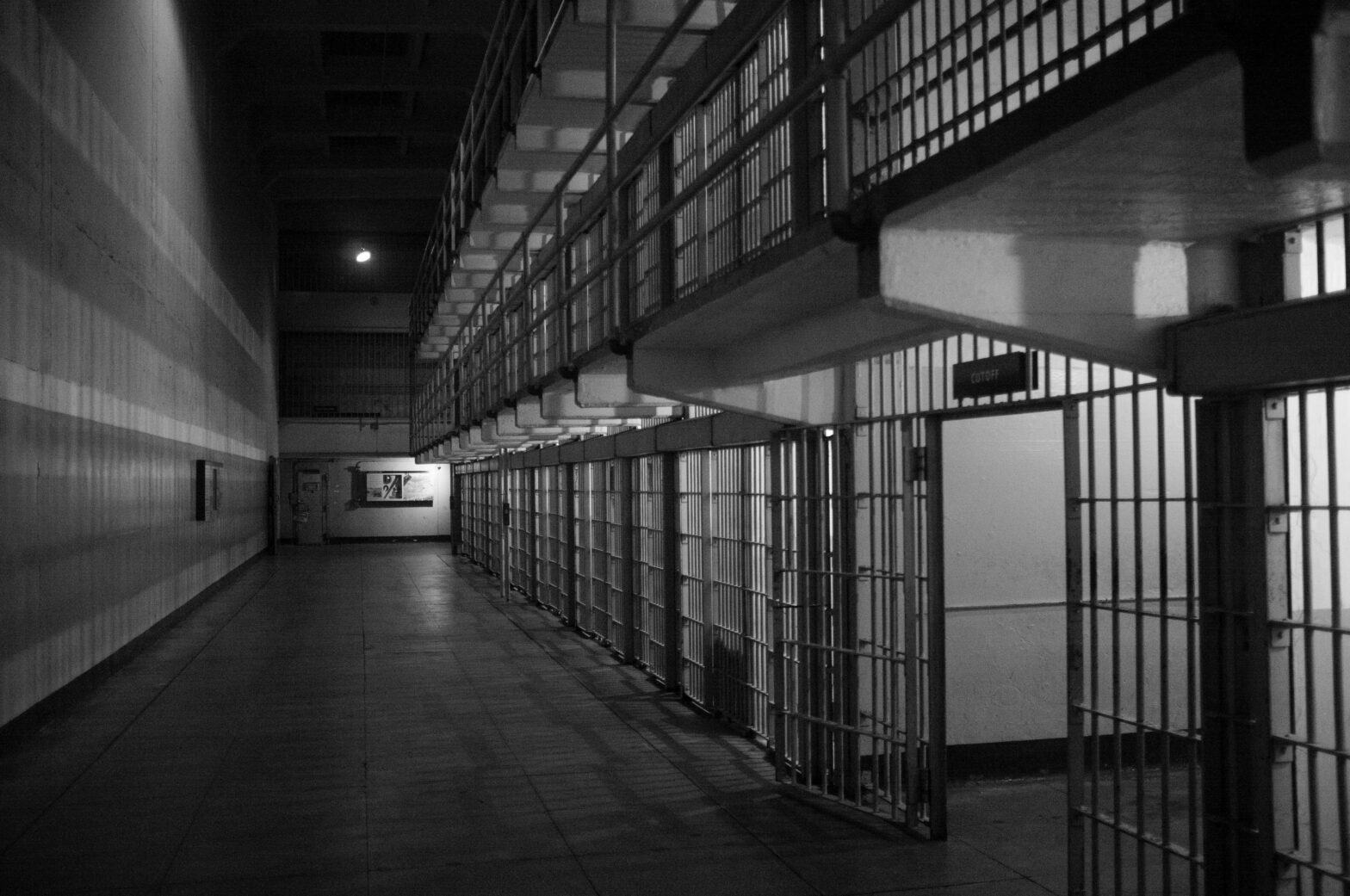What Happens When Someone Presses Charges Against You?
When someone presses charges against you, they are prosecuting a criminal case against you as a suspect of a crime. Despite common belief, only a prosecutor may press charges against you. Although any other persons, including the alleged victim and law enforcement, may not press charges, they can file a police report. A police report permits the prosecution to press charges and will provide testimony for the case. Having criminal charges pressed against you can be scary and confusing. As such, it is important that you obtain a skilled defense attorney as soon as possible.
How Does a Prosecutor File Charges?
A criminal case begins when a law enforcement officer cites or arrests an alleged offender and writes a report. After reviewing the report, a prosecutor then decides whether to file charges and, if so, what charges to file. Depending on the alleged crime, the prosecutor may decide to charge the crime as either a felony or misdemeanor. The prosecutor can also decide which charges in the arrest report to file and may add additional charges if deemed necessary. Since all defendants have the right to a speedy trial, a prosecutor must file these charges quickly. Generally, when the defendant is in custody, prosecutors have 48 hours from the time of the arrest to file charges.
What Happens After the Prosecutor Files Charges?
After the prosecutor files charges, you will attend an arraignment, where the judge states what the charges against you are. You may then enter a plea of guilty, not guilty, or no contest. If you are in custody at the time of the arraignment, the judge may set bail or send you back to jail until trial.
Following the arraignment, attorneys on both sides will exchange information in a process called discovery. In addition, either side can file pretrial motions, including motions to set aside the complaint, dismiss the case, or prevent certain evidence from being used at trial. The judge and lawyers may also negotiate and discuss possible resolutions for the case without going to trial.
What Happens at Trial?
The timeline for when the trial must start depends on whether the crime is being charged as a misdemeanor or a felony. For a misdemeanor jury trial where the defendant is in custody at the time of arraignment, the trial must start within 30 days of arraignment or plea, whichever is later. If the defendant is not in custody, the trial must start within 45 days.
For a felony jury trial, if the judge determines that there is enough evidence for a trial, the prosecutor must file a document called “the Information” within 15 days of the date the defendant was held to answer at the preliminary hearing. Then, the trial must start within 60 days of the arraignment on the Information.
Once the trial begins, lawyers on both sides will present their evidence and witnesses to a jury. Based on the law and evidence presented, the jury will then decide if you are guilty or not guilty. To convict you, the jury must find you guilty beyond a reasonable doubt. If you are found not guilty, you will be released. However, your arrest will still show on your record, along with your acquittal. On the other hand, if you are found guilty, you will be sentenced accordingly.
Contact Wallin & Klarich Today
If someone has pressed charges against you, you may feel frustrated and confused. That’s why you should contact our skilled defense attorneys today to see how we can help set your mind at ease. With 40+ years of experience, Wallin & Klarich has helped thousands of clients clear their names and avoid harsh legal penalties. Our attorneys know the most effective strategies to help you achieve the best possible outcome, so you never have to worry.
With offices in Orange County, Riverside, San Bernardino, Victorville, Torrance, West Covina, Los Angeles, and San Diego, you are sure to find a Wallin & Klarich lawyer available to help you in a convenient location. Discover how our team can assist you. Contact us today, toll-free at (877) 4-NO-JAIL or (877) 466-5245 for a free consultation with a skilled defense attorney.




